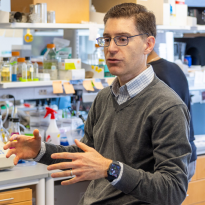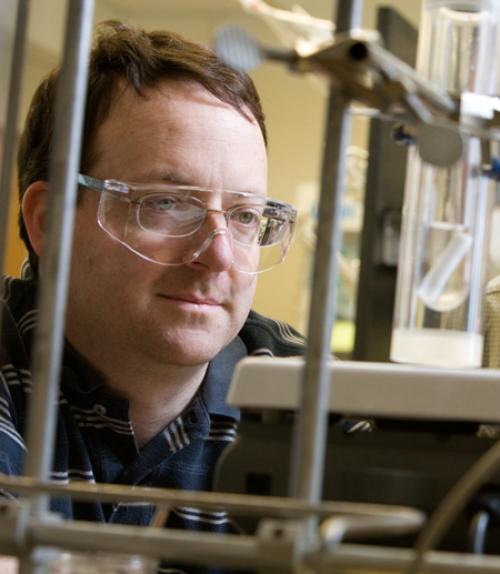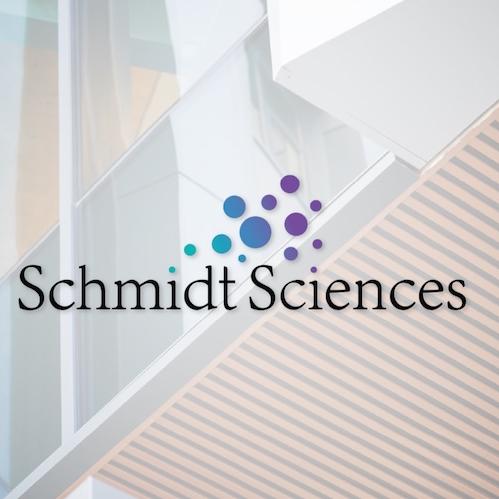
Cornell spinoff Novomer receives national award
The three co-founders of Novomer, a startup company based on Cornell research, have received the 2016 Kathryn C. Hach Award for Entrepreneurial Success from the American Chemical Society (ACS), the society has announced.




